Gender: Male
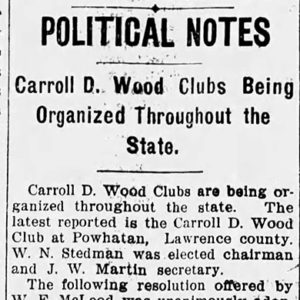 Carroll D. Wood Supporters Article
Carroll D. Wood Supporters Article
Wood, Forrest Lee
Wood, John Shirley
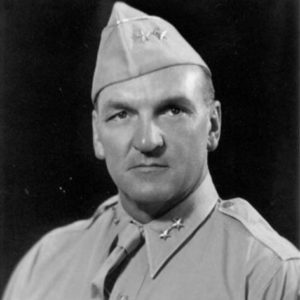 John S. Wood
John S. Wood
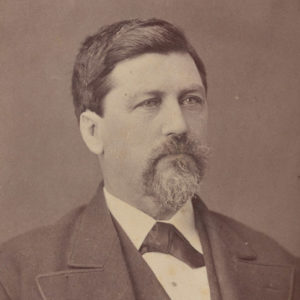 Samuel N. Wood
Samuel N. Wood
Woodman, Joe (Lynching of)
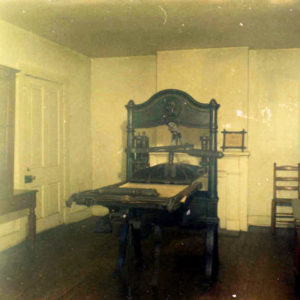 Woodruff Printing Press
Woodruff Printing Press
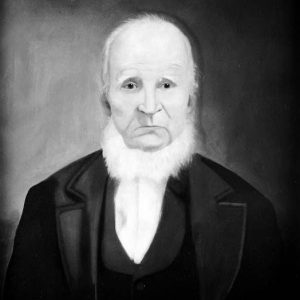 William Woodruff
William Woodruff
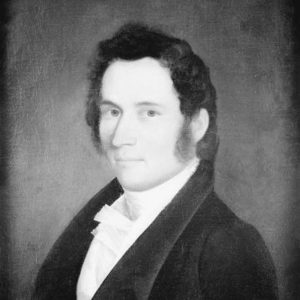 William Woodruff
William Woodruff
Woodruff, William Edward
 Jon Woods
Jon Woods
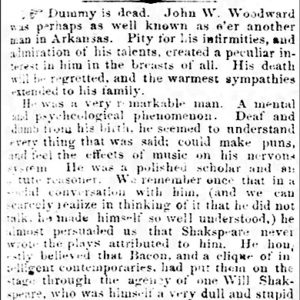 Woodward Death Story
Woodward Death Story
Woodward, Comer Vann
Woodward, John Wesley
Woodward, William (Lynching of)
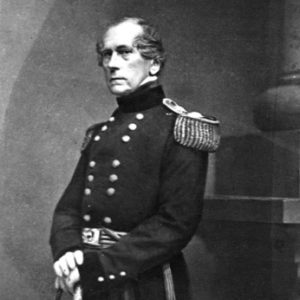 John Wool
John Wool
 Bob Wootton
Bob Wootton
Wootton, Robert (Bob)
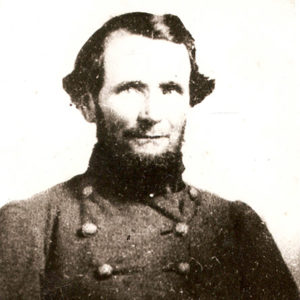 William B. Word
William B. Word
Wordlaw, William
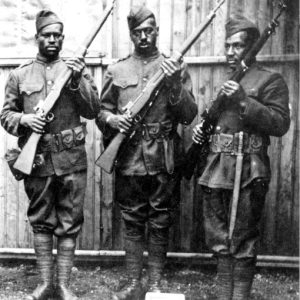 World War I Soldiers
World War I Soldiers
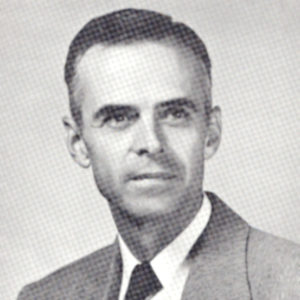 Ted Worley
Ted Worley
Worley, Ted Raymond
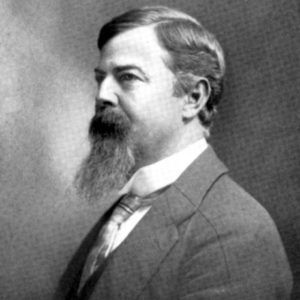 W. B. Worthen
W. B. Worthen
Worthen, William Booker (W. B.)
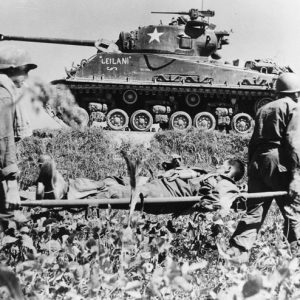 Wounded Soldier in Korea
Wounded Soldier in Korea
Wright, Charles (Execution of)
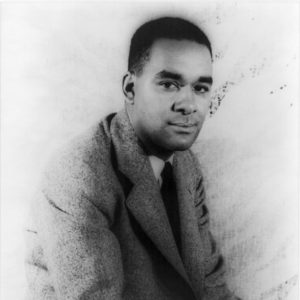 Richard N. Wright
Richard N. Wright
Wright, Richard Nathaniel
Wright’s Arkansas Cavalry (CS)
Wynne Lynching of 1892
Wynne, Robin French
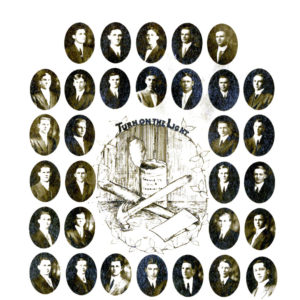 X-Ray Editors
X-Ray Editors
Xu, Longhua
XV Club
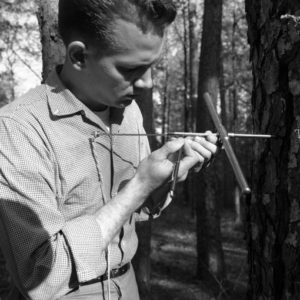 Yale Camp Student
Yale Camp Student
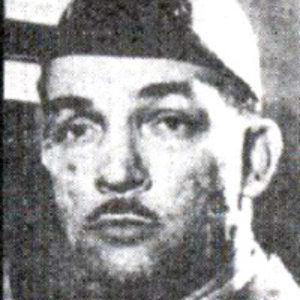 John Yancey
John Yancey
Yancey, John Howard
Yancey, William (Lynching of)
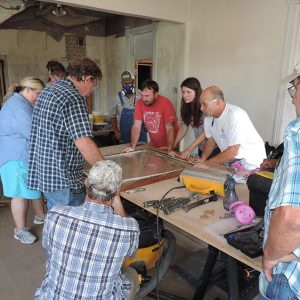 Bob Yapp
Bob Yapp
Yarbrough, Arthur Jean Wilker
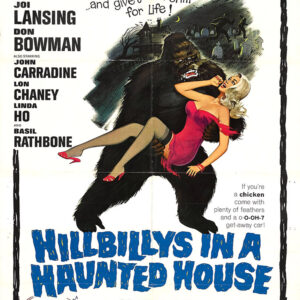 Hillbillys in a Haunted House
Hillbillys in a Haunted House
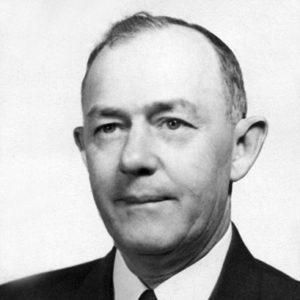 Ray Yarnell
Ray Yarnell
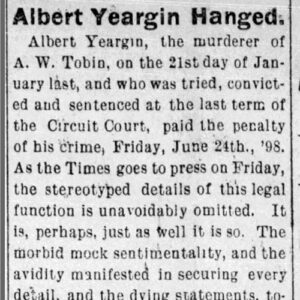 Yeargin Execution Article
Yeargin Execution Article
Yell County with Skirmishes, Scout in
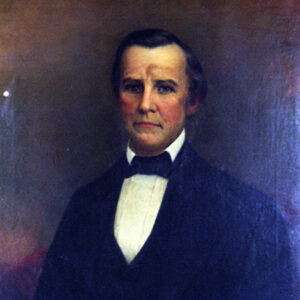 Archibald Yell
Archibald Yell
Yell, Archibald
Yell, James
 Yellow Horse Baseball Card
Yellow Horse Baseball Card




